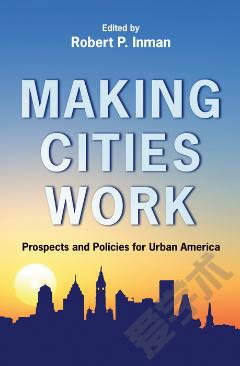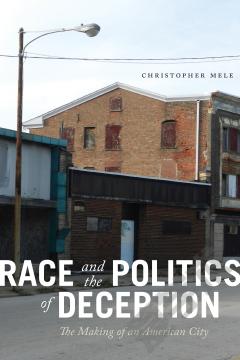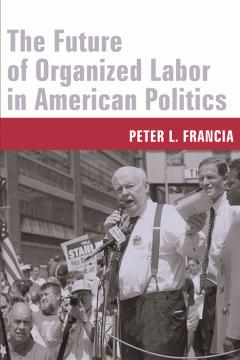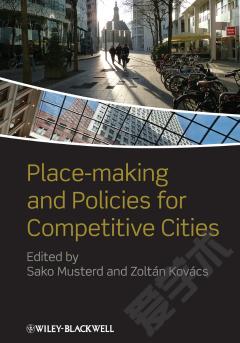Making Cities Work —— Prospects and Policies for Urban America
----- 城市运转:美国城市发展的前景与政策
Making Cities Work: Prospects and Policies for Urban America by Robert Inman (ed.). Princeton University Press, 2009. Pp. 378. $31.95 (Hardcover). ISBN: 9780691131054[Article copies available for a fee from The Transformative Studies Institute. E-mail address: journal@transformativestudies.org Website: http://www.transformativestudies.org ©2012 by The Transformative Studies Institute. All rights reserved.]We are living in the century of the city. Over the course of just a few generations, our population has shifted from one that resided in the outskirts to one that seeks the city lights. In 1950, only 29% of people lived in cities. Today, over 50% of the global population resides in urban areas and this number is expected to grow substantially in the next few decades. By 2050, it is estimated that 70% of the global population will be city dwellers. This enormous structural shift presents innumerable opportunities and challenges, which, if left unaddressed, could ultimately end the glorious urban experiment and turn cities into sinkholes.To address these problems and to effectively utilize the immense human capital concentrated in cities, policymakers of all stripes must contribute their expertise and energy to the greater good of a sustainable urban system. Making Cities Work, a non-fiction book centered on precisely that, successfully embodies this multidisciplinary problem solving perspective. Editor Robert P. Inman has compiled a comprehensive collection of essays that address the various sectors of urban policy, such as education, crime, housing, and transportation, in extensive detail. The arguments made by the contributors are thoughtful and data-driven, with the authors employing statistics deftly to drive their narrative.However, the ostensible strength of entrusting experts to chart the course forward for our shared cities becomes a weakness when we consider the context of what a city is and should be. The city is a shared space, a place where all come to contribute and live together for the greater benefit of the individuals and the community. If we are to build a sustainable city system in the 21st century, we must seek to be as inclusive as possible. Making Cities Work, despite its accessible title, may fail to connect with readers not completely entrenched in the world of the policy wonk. I am not unfamiliar with the wonk world yet I dragged and trudged through this read, motivating myself primarily with the knowledge that I would eventually be writing this book review. This is not to say that the book does not contain valuable information or useful insights for those of us interested in "making cities work." However, this information is buried in dry text, disjointed essays and a tone that accepts the status quo and fails to challenge the prevailing economic and social systems.The next hundred years presents frightening problems as economic and environmental systems collapse under the weight of humanity's excess. We are reaching a peak in oil production, disabling the energy flow that we've unthinkingly relied upon for centuries. This will fundamentally alter, among many other things, how we use transportation and organize our cities. However, this fundamental fact of 21st century civilization is left untouched in the book's section on transportation. Instead, Kenneth A. Small's "Urban Transportation Policy" focuses primarily on reorganizing highways to be more efficient for commuters and taxpayers. While the ideas presented are innovative, they were not exactly what I expected. I was truly disappointed to discover how little the chapter devoted to public transportation, a social institution that I view as essential to the future of sustainable cities. The auto-centric chapter left me feeling as though the author was stuck in reverse, struggling to navigate a new century with the same old beat-up clunker.This section is not without insight. Small acknowledges the value of buses over expensive rail projects as a means to build a cohesive transit system. â¦
{{comment.content}}








 京公网安备 11010802027623号
京公网安备 11010802027623号